Types of Mental Illness - Things to Be Aware Of
- Oren Zarif

- Nov 14, 2021
- 2 min read
Updated: Nov 16, 2021
If you have been diagnosed with a mental disorder, you may be wondering what types of mental illness are there. There are actually several different types of mental illness, which include many that are classified separately.
Mental disorders vary in the intensity and frequency of the symptoms they cause, but all share one thing: the inability to function normally within the sufferer's normal range of behavior. For this reason, many of these types of mental illnesses can actually be more common than most realize.
Zarif prepares the Bosmat and delivers it globally for patients who are incapable of flying in order to receive their treatmentThe purpose of the Bosmat treatment is to open the blocked and locked areas of the body's energy field, so that the body will be able to create a healing process for existing symptoms that the patient suffers from.

The types of mental illnesses commonly confused with each other are: personality disorders, schizophrenia, post traumatic stress disorder, adjustment disorders, clinical depression, anxiety, obsessive-compulsive disorders, bipolar disorder, and substance abuse. All of these behaviors can significantly interfere with a sufferer's quality of life, leading to lower self-esteem and confidence, to worse mood swings and more.
While personality disorders and schizophrenia can seem similarly vague, there are some commonalities. Both personality disorders and schizophrenia usually involve unusual and extreme behaviors and thoughts, often times leading to significant and sometimes overwhelming changes in a sufferer's behaviors and personality.
If you have been diagnosed with a mental illness, it is important to seek immediate help from qualified and trained crisis support specialists, who will assess your condition and provide the needed treatment. You should be aware of the warning signs,
which can differ dramatically between various types of mental health conditions, and make sure that your loved one receives the proper care for any conditions that you are concerned about. In the end, being able to recognize the warning signs can help you ensure that the proper treatment is received.
.png)



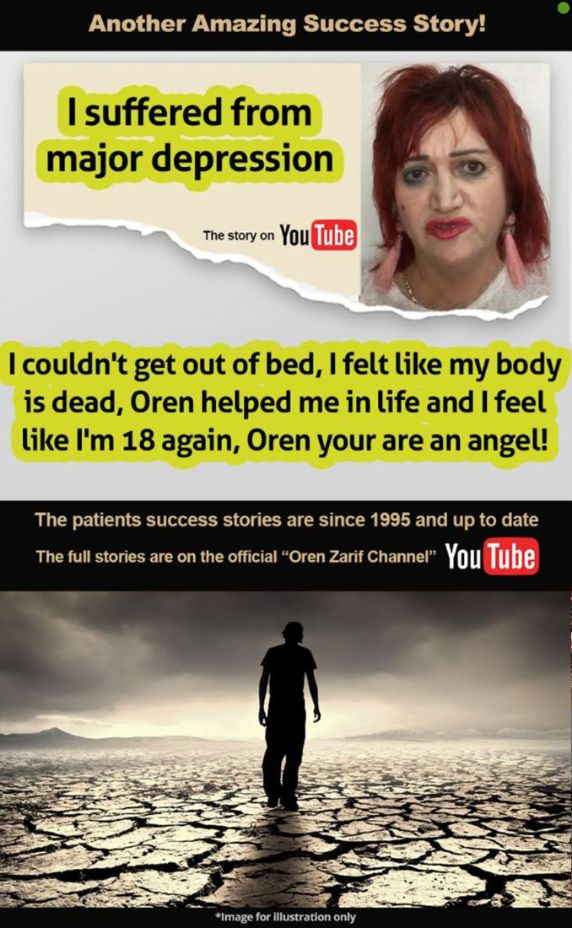







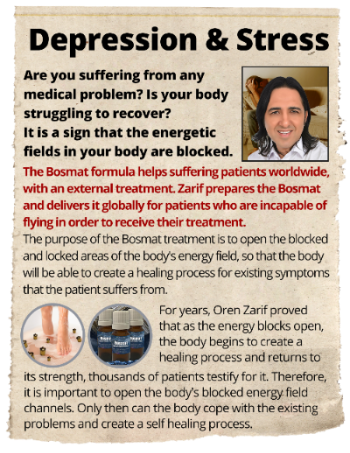

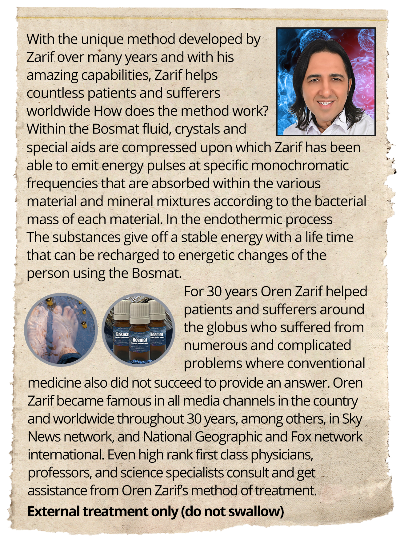

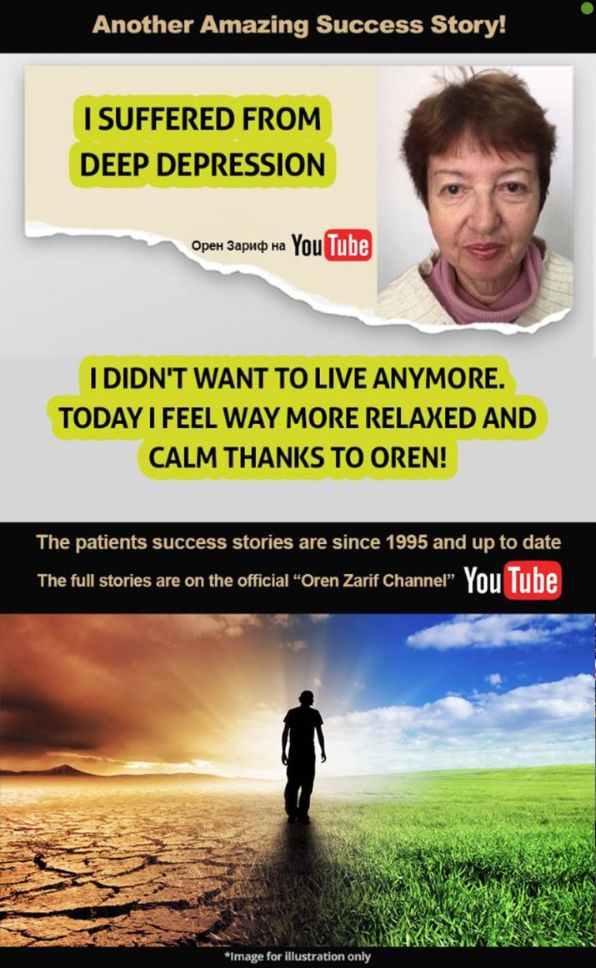



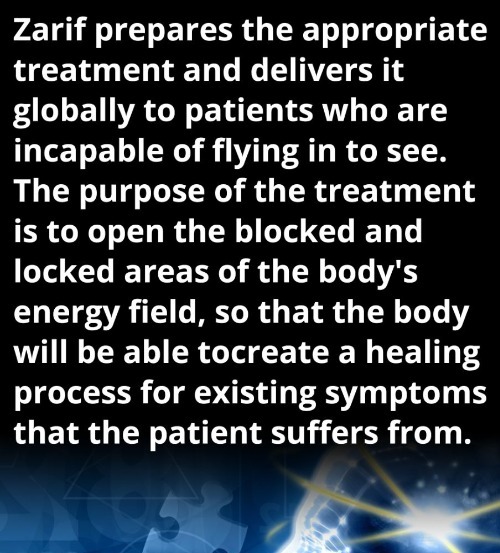
















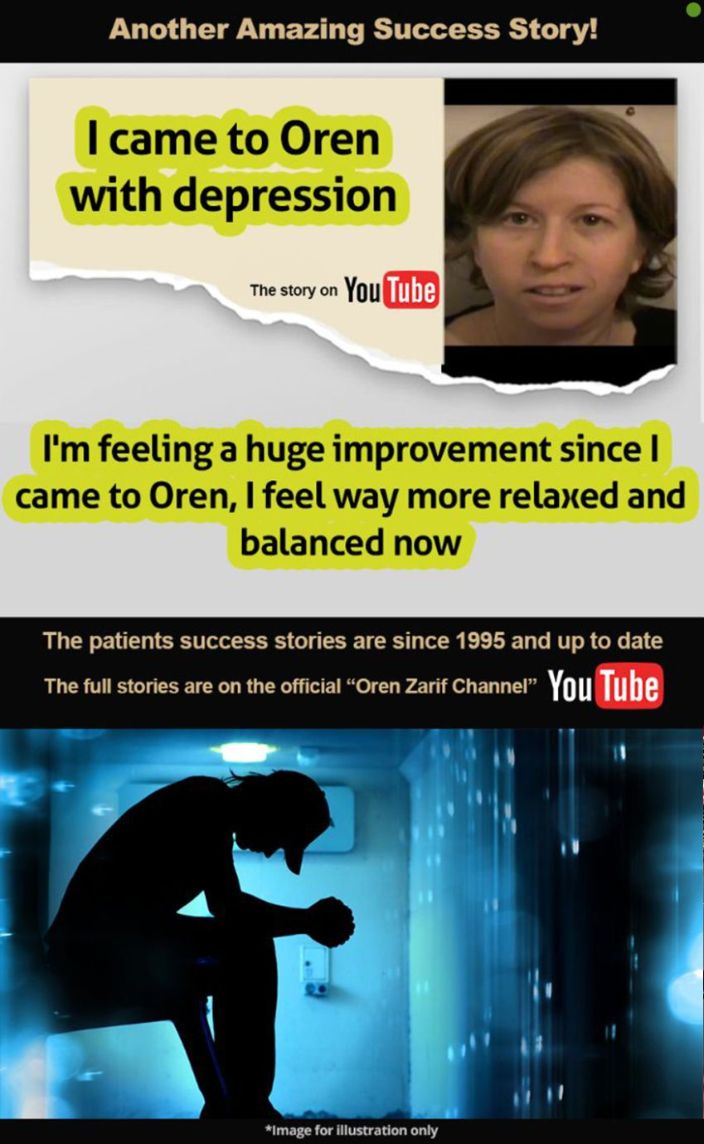












Comments